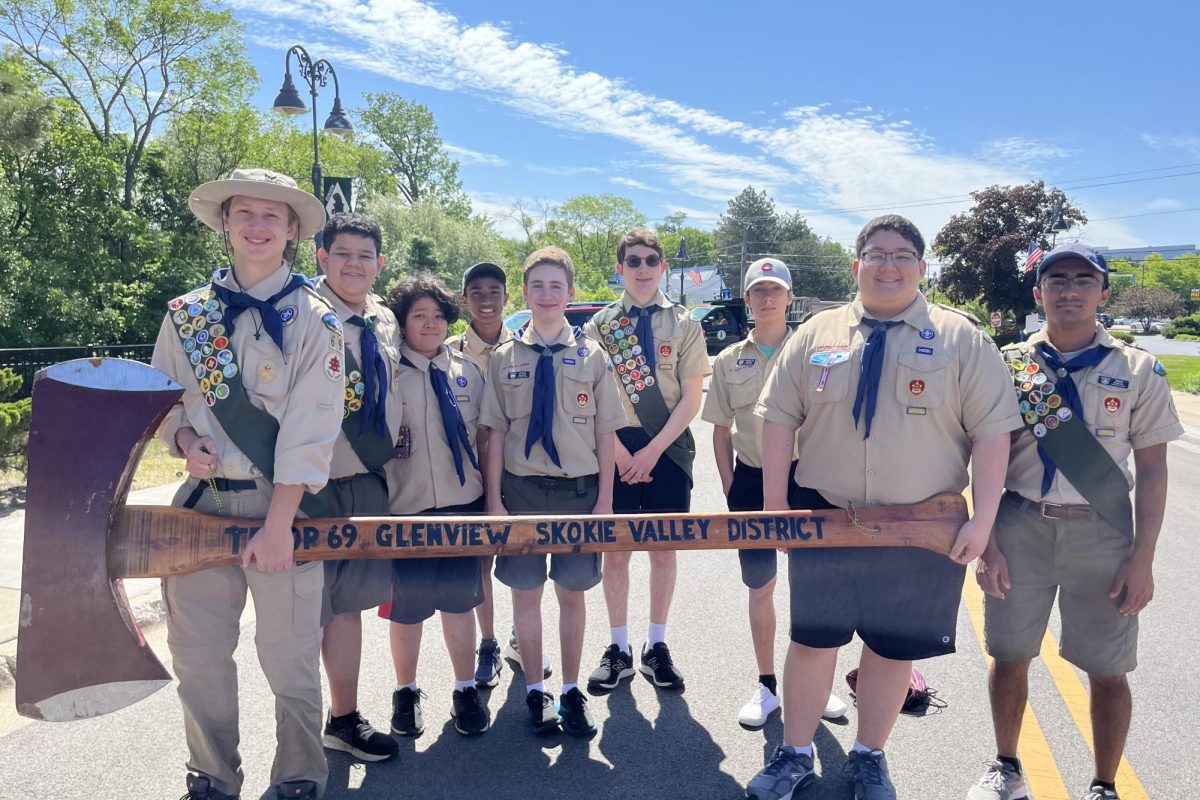A wave hello in the hall, extra help in a department office before school or perhaps an email regarding a test are common interactions between teachers and students. A respectful relationship exists between teachers and students at South, in which communication mostly stops outside the halls and topics discussed remain mostly school-related. A serious issue arises, however, if a relationship crosses this line and becomes a case of sexual harassment.
According to EqualRights.org, Title IX of the Education Amendments of 1972 “prohibits any person, on the basis of sex, to be subjected to discrimination in an educational program”. Under federal law, a school must have and distribute a policy regarding sexual harassment.
EqualRights.org says there are two types of sexual harassment: quid pro quo and hostile environment. Quid pro quo occurs when a school employee offers a student a better grade or treats that student better in exchange for a sexual favor. Harassment classified as hostile environment occurs when unwanted sexual behavior is bad enough or happens enough to make a student feel uncomfortable, scared or confused. It may interfere with one’s school work or ability to participate in extracurricular activities.
Senior Tim Tarp* explains the potentially long-term effects a sexual harassment incident can have on a person.
“[Someone] can say something to make you feel uncomfortable, which would then turn into a mental problem because you’d have to find a way to deal with it,” Tarp said.
Hostile environment can include sexual jokes or suggestive comments, not just inappropriate physical contact, according to EqualRights.org.
“It’s pretty disgusting that that type of behavior would come from people who are supposed to educate the nation’s youth,” Allen Button* said.
Sue Levine-Kelley, instructional supervisor of the English/ELL/Broadcasting Department, and Jeff Rylander, instructional supervisor of the Science Department, are the school’s sexual harassment officers, meaning they are in charge of gathering information when any kind of sexual harassment allegation is made at South.
Their first job is to conduct an interview with the victim within 36 to 48 hours of the accusation. The principal is contacted right away, and, if the student is in immediate danger, he/she is removed from the situation immediately. Interviews with any other individuals involved are then completed and all facts are given to the principal. Information can then be relayed to attorneys for the district, the Department of Children and Family Services (DCFS) – if the student is a minor – and local authorities. The contacted groups decide what course of action to take.
According to an Oracle-conducted survey of 138 students, 60 percent believe sexual harassment occurs within the halls of South. Eighty-two percent of students, however, don’t know any specific cases that have occurred at South.
“I don’t think [sexual harassment] is that common at Glenbrook South, but I’ve seen it happen before,” senior Charlie Manning said. “All the time people make bad jokes, which sometimes go too far. Teachers do it sometimes.”
Levine-Kelley said that South gets about three to four sexual harassment charges a year, whether between an adult and a student, two adults, or two students. Sometimes, she said, a student misinterprets a staff member’s behavior, so claims are retracted.
“The hard thing about this is that it is all based on perception,” Levine-Kelley said. “We have to be very careful about honoring that perception but also making sure the student is telling the truth.”
According to Levine-Kelley, sexual harassment cases are a private matter unless the student is under 18 years of age, in which case a student’s parents are informed. Students 18 and older are encouraged to inform their parents in the process, as student safety is the school’s first concern, according to Levine-Kelley.
Equalrights.org suggests students who have been sexually harassed take some important steps to ensure their safety. Firstly, the web-site states it is important to remember not to blame oneself and to say “no” clearly to the harasser. A student should then report the harassment to a school official or counselor, who will handle their case.
According to Levine-Kelley, all adults in the building are mandated reporters, meaning they have the responsibility to report any activity they see or hear that is potentially harmful to a student.
Levine-Kelley explained that many of the adults at South can serve as good resources if a student is faced with sexual harassment of any kind.
“If a student feels that there is nowhere else to go, they are welcome to my or Mr. Rylander’s office,” Levine-Kelley said. “Don’t be afraid to tell an adult you trust. You need help, and you need an adult’s support on this more than you need a friend’s support.”
*Name has been altered to protect student’s identity







